Best Natural Pest Repellents - Simple Hacks For Your Garden
Previous PostThere’s a moment that every gardener fears - watching bugs on their beloved greens. Whether they are lurking on the leaves or in the soil, seeing bugs and pests feasting on your plants is not a great sight.
Don’t worry, bugs and pests are totally normal and treatable. We will give you the recipes of the best natural pest repellents you can create using the things lying around in your homes. Use these repellents to safeguard your gardens and keep all the unwanted bugs and pests at bay. Let’s get started, shall we?
Neem Oil Spray

The famous neem oil spray is a tried and tested remedy to keep the plants free from unwanted pests and bugs. It is a great resource for an organic gardener as it can naturally help you to disrupt the entire life cycle of bugs. Neem oil is non-toxic to birds, animals, pets, and is quite effective on common effective pests and insects. You can easily source neem oil from grocery stores or the general market.
Mix two spoons of neem oil, one spoon of liquid soap and 100 ml water. Shake it thoroughly and pour it into a bottle. Spray the mixture on the affected plant areas.
Soap Spray

This homemade recipe is easy to make and is effective on common insects like aphids, mites, whiteflies, etc. To prepare a basic soap spray repellent, mix two teaspoons of regular liquid soap with 100 ml of water. Shake and spray on the affected area of the plants. Avoid spraying the repellent when it is sunny, spray around evenings.
Garlic & Onion Spray

The common ingredients found in the kitchen - onions and garlic can work wonders when it comes to knocking bugs out of the garden. The peculiar smell of these two ingredients is what plays the major role in repelling the insects. To prepare a basic garlic and onion spray, take two-three cloves of garlic and onion. Make a puree of these two ingredients using a blender. Strain the juice using a piece of cloth and mix it with 100 ml of water. Let the mixture sit overnight and spray it all over your plants. The smell of this repellent will keep the insects away.
Salt Spray

One of the easiest ways to prepare a natural repellent is by mixing some salt with water. The saltwater spray will not only help in keeping the pests away but also help plants absorb nutrients like magnesium, phosphorus and sulphur. Reapply every week to keep your plants free from pests.
Pepper Spray

Pepper spray like garlic spray is a great natural repellent. Pepper spray can be either prepared using fresh chillies or pepper powder. To prepare the spray using powder, mix two tablespoons of pepper powder with 100 ml of water and one tablespoon of a liquid soap. Stir well and spray on the infected areas.
To prepare the spray using fresh chillies, blend a small cup full of chillies and mix them with 100 ml of water. Bring this mixture to boil. Let it sit overnight and then mix it with one tablespoon of liquid soap. Spray the mixture on the infected areas of plants. Be careful while preparing the mixture, use gloves and avoid touching your eyes.
Essential Oil Spray

Essential oils are known for their multiple benefits. One of the unknown benefits of these essential oils is that they help in deterring the pests. Peppermint, lavender, lemon grass, cedarwood, etc are known for their bug-repellent properties. Mix any of these three essential oils with 100 ml of water and a tablespoon of liquid soap. Stir it well and spray on your plants.
Plant Herbs

Another great way to keep your plants safe from pests and bugs is by planting herbs near your vegetables and greens. Herbs like basil, sage, peppermint, lemon balm, thyme, lemongrass, deter the pests and keep your vegetables free from unwanted pests and bugs.
Prepare, Use & Modify

There are other naturally prepared repellents available. However, these naturally prepared repellents recipes should give you a good start. Pay close attention to how your plants are receiving these repellents and modify your recipes accordingly.
The motive is not to kill all the insects in the garden, as a healthy garden requires beneficial insects, fungi and microbes to thrive. So picking these natural repellents will help you sustain your garden without harming the plants and their ecosystem.
Start your gardening journey today by sourcing high quality, GMO-free seeds from AllThatGrows.





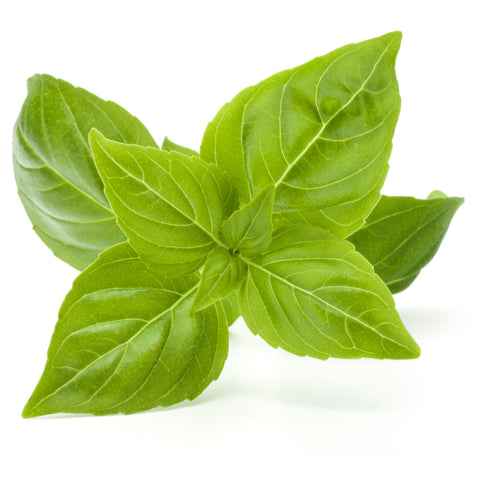
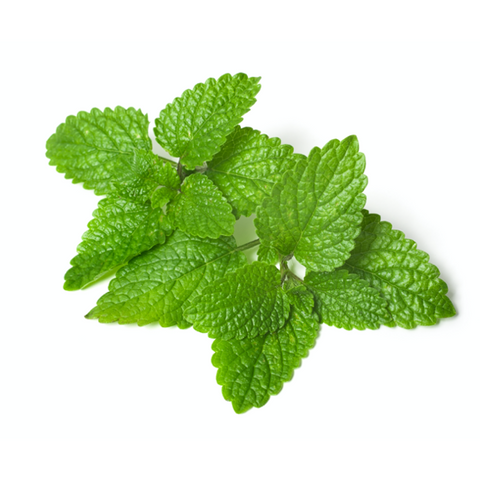

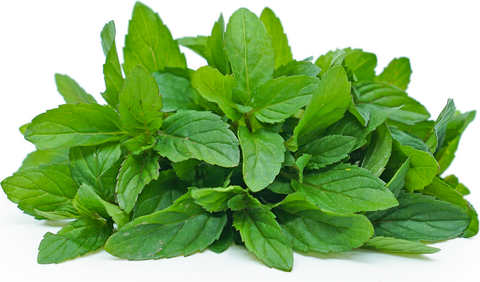
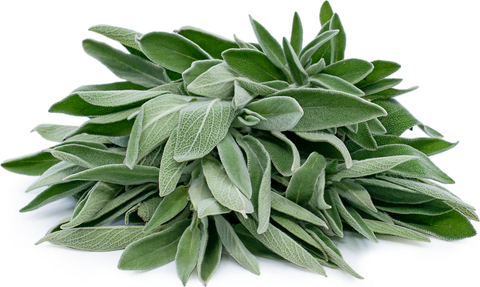
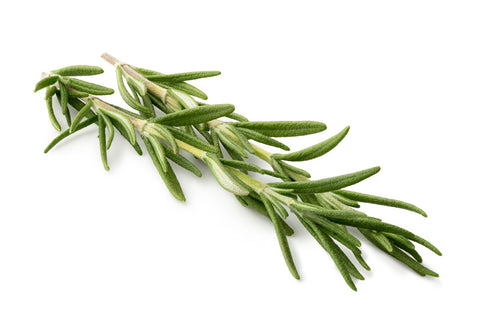
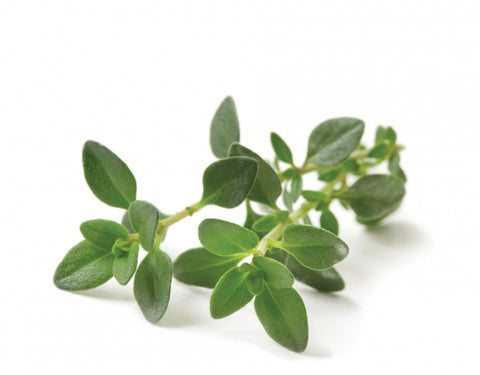

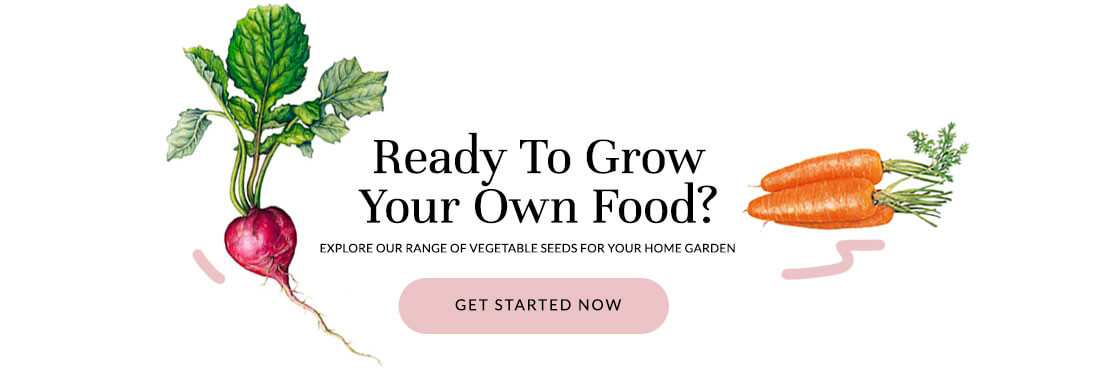

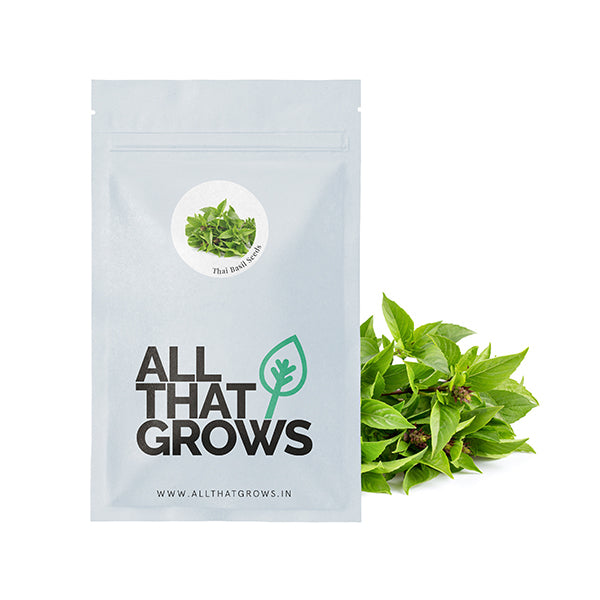
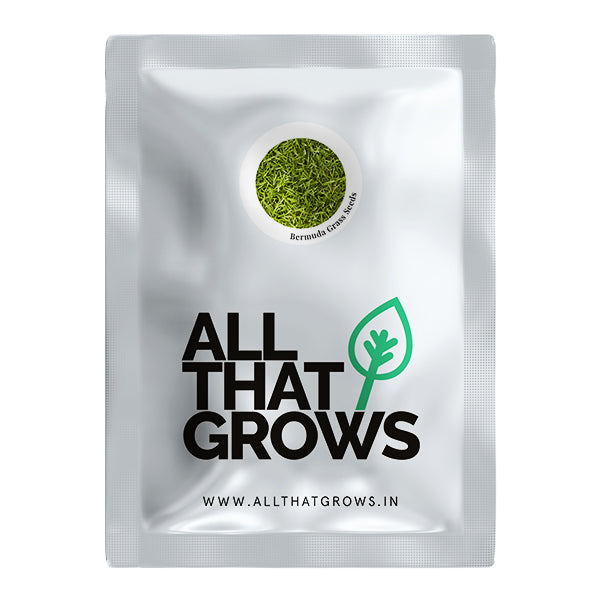
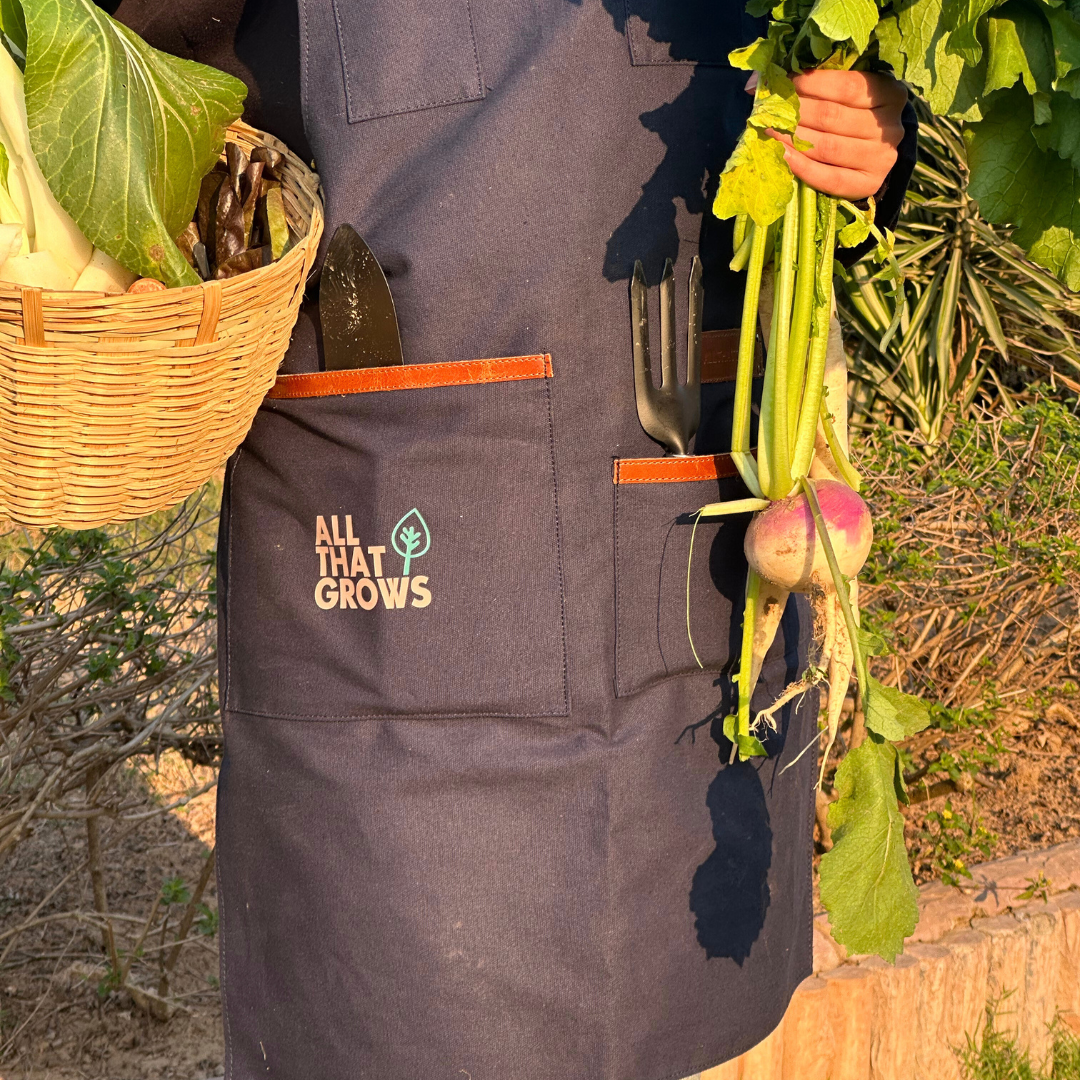

Leave a comment